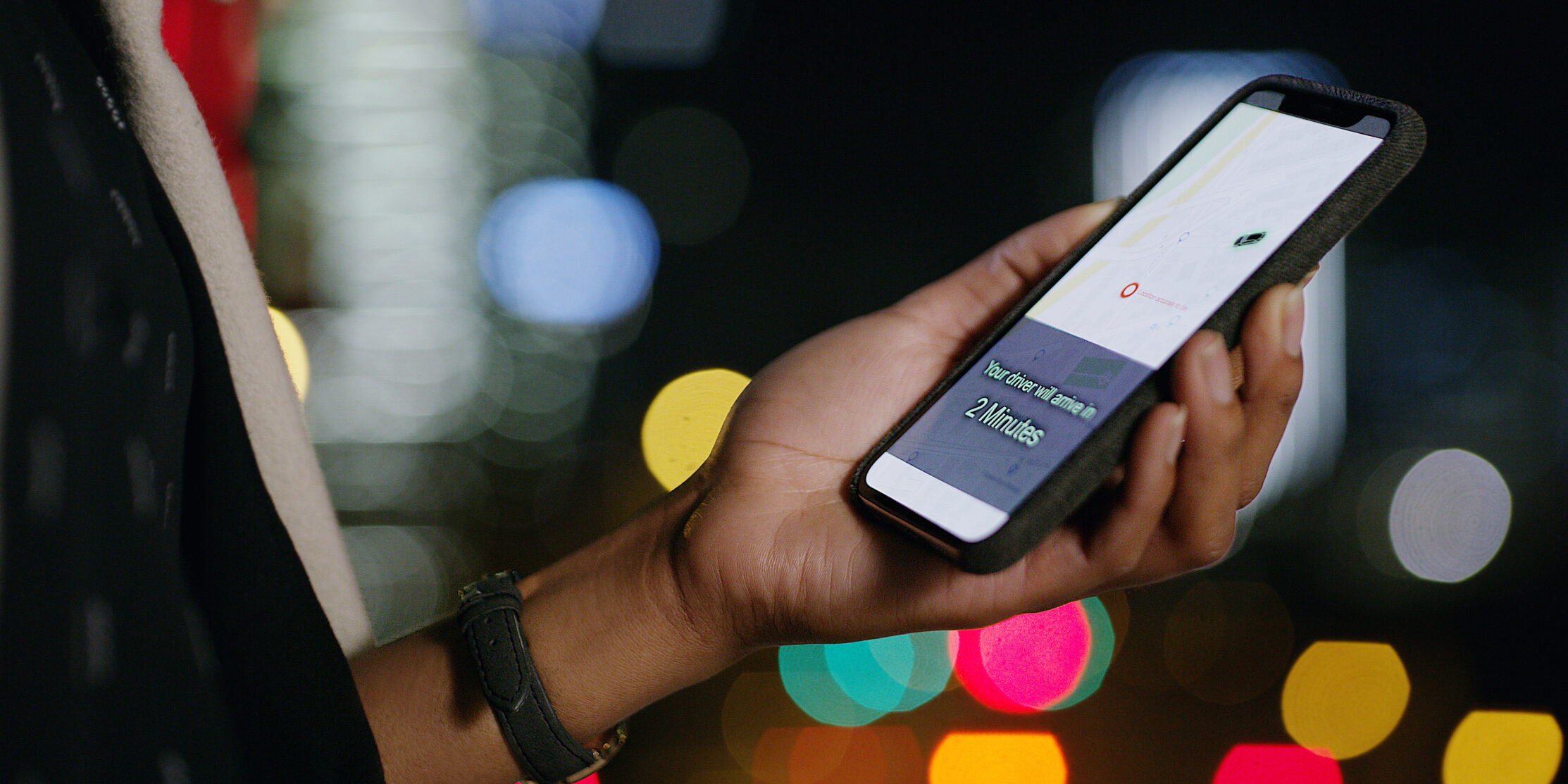New York Attorney General Letitia James unveiled two historic settlements valued at a combined $328 million with ride-sharing conglomerates Lyft and Uber on Nov. 1, 2023. These settlements mark the conclusion of extensive investigations into both companies, revealing that their policies and practices unjustly deprived drivers of their rightful earnings, and denied them worker benefits afforded to them under New York state labor laws.
Lyft has been directed to disburse $38 million to drivers who drove between Oct. 11, 2015, and July 31, 2017. Additionally, Uber is obligated to provide $290 million to drivers who drove on its platform between Nov. 10, 2014, and May 22, 2017, and had their earnings reduced for New York sales tax and Black Car Fund fees.
In 1999, former Gov. George E. Pataki signed into law the establishment of New York Black Car Operators’ Injury Compensation Fund—a nonprofit organization colloquially known as the Black Car Fund—to protect New York state for-hire drivers by providing workers’ compensation coverage and other benefits to Black Car operators in the state.
Black Car Operators, like Lyft and Uber, are responsible for collecting sales tax and Black Car Fund fees from riders. Instead, during the relevant periods, Lyft and Uber unlawfully deducted sales tax and Black Car Fund fees from drivers’ earnings—a practice that violates New York Labor Law Section 193.
In addition to the settlement money that Lyft and Uber drivers are eligible to claim, the attorney general’s Lyft and Uber settlements created a slew of new benefits with which current Lyft and Uber drivers will be entitled. These benefits include: sick leave, payment minimums, training and more
Sick leave
The collective settlements brought about sweeping changes to Uber and Lyft’s policies and practices. Beginning no later than Thursday, Feb. 29, 2024, Uber and Lyft will be required to provide drivers with guaranteed paid sick leave. For each 30 hours of work performed, drivers will earn one hour of sick pay—with a cap of up to 56 hours of sick time per year.
Work hours are recorded once drivers accept a trip, and end when drivers complete a trip. Sick leave pay depends on whether a trip begins inside or outside the New York City metropolitan area.
Minimum payments for NYC and non-NYC drivers
Beginning no later than Feb. 29, 2024, if a trip is covered by the minimum driver pay rules of the NYC TLC, a driver will earn $17 per hour, with a $17.25 rate increase on Saturday, March 2, 2024, and $17.51 increase on Sunday, June 2, 2024.
On the other hand, for trips not covered by NYC TLC rules, a driver will earn $26 per hour, with an hourly increase to $26.39 on March 2, 2024, and $26.78 on June 2, 2024, and annual increase indexed to inflation, beginning March 2, 2025.
Training
For up to one hour of required training that a driver completes, the driver will receive the higher of the following—$15 per hour or the lowest minimum wage.
Hiring notices and earning statements
The settlements reformed Lyft and Uber’s hiring practices and earning statements. Beginning no later than February 2024, Lyft and Uber will provide new and information and documents to drivers including a new-hiring notice explaining the earnings drivers should receive, earning statements that reflect the compensation earned for each pay period and a notification of how much a rider has paid for each ride.
Chat support
The settlements implement changes to the chat support functions on both Lyft and Uber’s apps. Beginning on Friday, Nov. 1, 2024, Lyft must provide chat support for drivers on its app in English, Spanish and Canadian French. By the same deadline, Uber must provide chat support for drivers on its app in English, Spanish, French, Russian, Bengali and Chinese.
Appealing deactivations
Lyft and Uber both outline numerous deactivation reasons that could allegedly deactivate a driver from operating on their platforms, including: alleged dangerous driving, interpersonal conflict, wrong vehicle, service animal denial, sexual misconduct, harassment, low ratings, tip fraud and suspected impaired driving.
Beginning Nov. 1, 2024, both Lyft and Uber are mandated to enhance their support for appealing deactivations. Lyft will need to provide language assistance in English, Spanish and Canadian French, while Uber, in a broader effort, must ensure language access for appeals in English, Spanish, French, Russian, Bengali and Chinese. These landmark settlements reflect a substantial step forward in ensuring fair treatment, benefits and support for the thousands of ride-share drivers in New York state, setting a precedent for industry practices and driver protection. The result will be a more equitable and transparent environment for individuals who rely on Lyft and Uber for their livelihood.

Theophilus Alexander
Theophilus W. Alexander has served in both houses of the New York State Legislature. He worked as a legislative analyst for Hon. New York State Sen. Samra G. Brouk, D-55, and he served at the New York State Assembly, as a policy analyst with New York Assembly Program & Counsel. Theo received his Bachelor of Arts degree in Politics from Ithaca College in Ithaca, N.Y.





